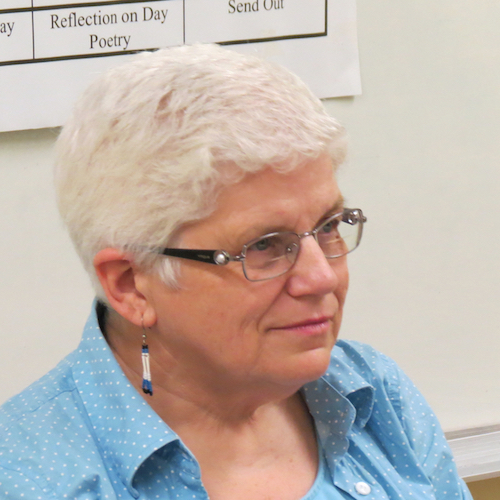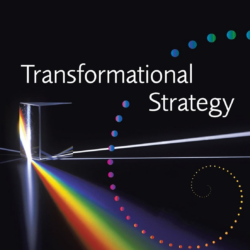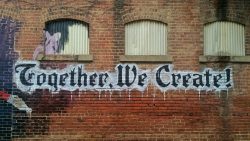Here are some suggestions:
What can we do as facilitators to address the contradictions that are tearing us apart?
- Use the Working Assumptions to set a context for a group to respect the input of everyone in the room.
- Use a visual image to illuminate that there are more than two perspectives on any topic, therefore shifting the dualistic image of the world – the “us and them” mindset.
- Use the image of a diamond and put different perspectives on different “facets” of the diamond to allow everyone to see more than two perspectives.
- To set a context, start with a conversation on an complex (but interesting) décor tableau in the middle of the table – place an object in the tableau such a way that only a few people can see that object, and after the conversation note that no one person can see the whole thing, and that the different perspectives are necessary to understand the whole story.
- Use the Consensus Workshop Method to gather many different answers to a focus question, then cluster those ideas to create new larger ideas – the method doesn’t ask “how are these different or opposing ideas”, but asks “how do these different ideas come together to reveal something larger that none of us could see on our own”.
- Introduce a dialogue process such as Bohm’s dialogue or the indigenous “talking circle” process where each person around a circle has a chance to speak from the heart while everyone listens until they are finished. Each person expresses their perspective as it stands on its own, not referring to what someone else has said. After going around the circle at least once or twice, you may ask someone to summarize what the group has in common.
- Bring forward stories of collaborative or facilitative leadership, where the wisdom of the group has made a leader stronger and the results of their leadership more successful. (“If you ask people for their wisdom and you really listen, they think YOU are wise.” And you get more wise.)
- Create structures in an organization that reward and encourage collaborative leadership – e.g. put more emphasis on team rewards than on individual rewards.
As individuals, we can address these contradictions as well.
- Listen with attention – often when someone experiences that they are heard, the intensity of needing to express their opinion is decreased.
- When talking with another person with a rigid view, especially if you do not agree, instead of arguing, ask open-ended questions from a place of curiosity and interest in that person’s perspective, such as “What happened that brought you to this perspective?” or “From your perspective, what would you like to see 5 years from now?”
- If necessary, instead of saying “you’re wrong” (or especially “you’re an idiot!), say something like “Hmm. That’s not my experience.” And then breathe and give the other an opportunity to ask about your experience. (I used this on Facebook to counter a harmful racist post. No one could argue with what I experienced and the trolls were silent.)
- Check sources of information – “fact-check” your own and others’ sources. In a large society we cannot observe everything with our own eyes and have to trust those who do observe and share it. This makes it possible for people to start from different points and reach different conclusions. Sometimes in disputes, the parties first establish “an agreed-upon statement of facts”. This can establish a common starting point.
If you have other suggestions, please send them to us so we can share them.






